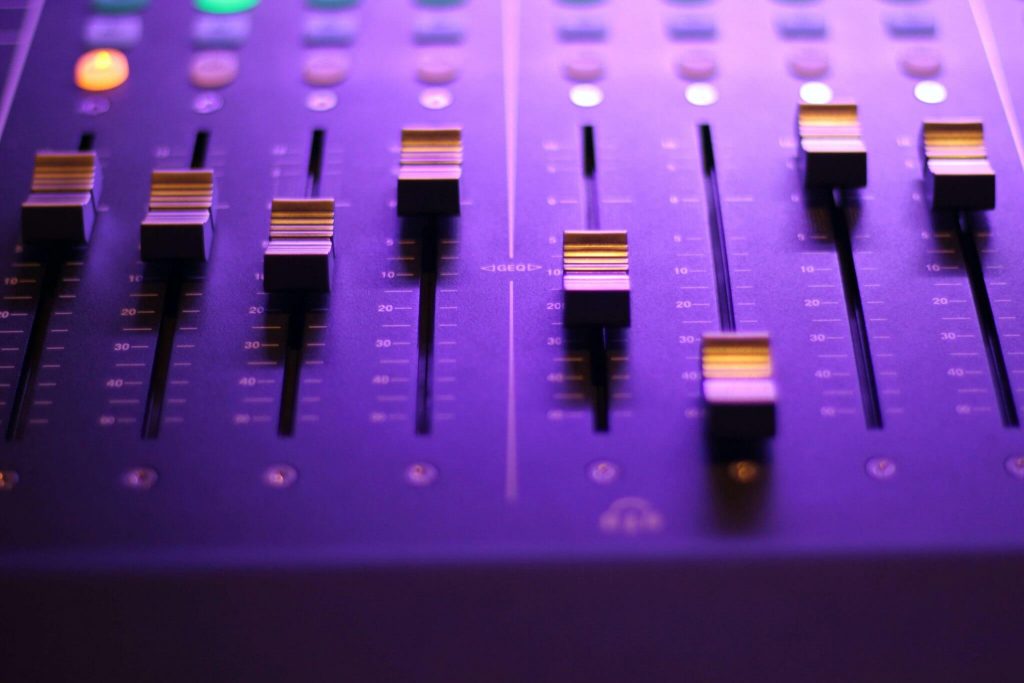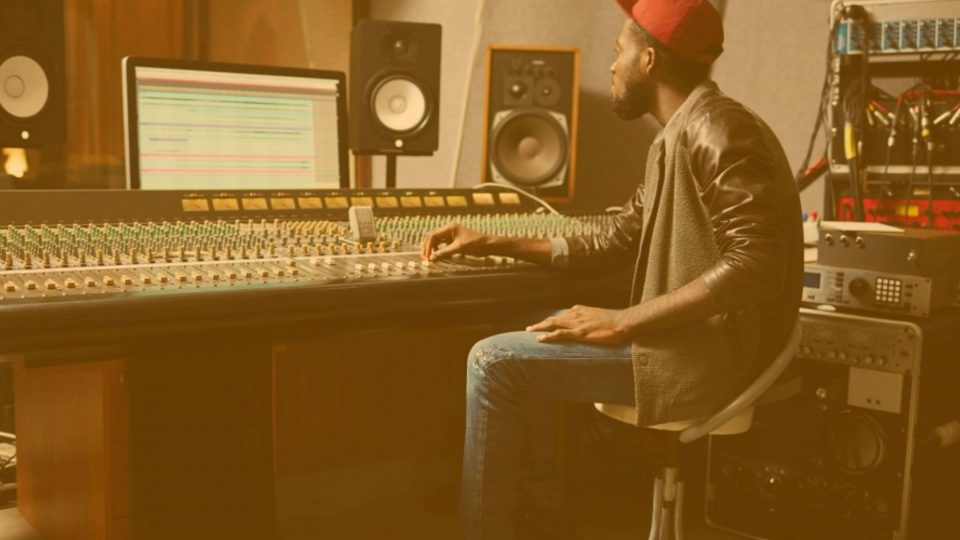Should I Master My Music?
Music mastering is the last step of the song creation process. The mastering process consists of adding several treatments to your mixdown to correct problematic frequencies and enhance the musicality of your song.
With the use of modern technology, we can now record pristine quality albums from our home studios rather than making time and spending the money to make our way down to a professional studio.
But with this transition comes a debate, as all change does. Should you send your music off to a mastering studio? Should you master it yourself? Should you master it at all?
If the final mixdown has checked all the boxes for a perfect volume level and fades are well done, EQ’ing and compression are of consistent professional quality throughout the song, etc.; then no. Mastering isn’t really needed.
But the truth is, hitting all of these markers is very difficult and is very rarely done. A large number of the best mixing engineers find it beneficial to have their mixdowns mastered. A lot of people spend a fortune on gear, so making use of a master engineer who can turn your amateur mixdown into a radio-ready song for a fee seems like a no brainer.
The final audio master is what’s duplicated for all commercial sales. You wouldn’t see a major label duplicating a mixdown over an audio master. An audio master is what you hear on vinyl or CD, and streaming services such as Spotify and Apple Music use audio masters to encode the files of your music they make available. When you listen to a song via streaming, download or physical format, you’re listening to a copy of the master audio.
The Journey of a Song
So, here are the five steps of a songs’ complete production process.
- Composition and arranagement
- Recording of the instruments, synths and vocals (for elecronic music step and one and two are often only one step)
- A mixdown of the recorded channels into neat, uniform, song. A mixdown consists of the use of plugins for EQ’ing, compression, reverb, etc. But many independant producers mixdown as they go, but do make ongoing changes depending on the rest of the mixdown.
- Mastering the track consists of polishes that improve compression, EQ, limiting, topping and tailing to remove unimportant audio information and keeping important information (in a similair fashion to lossy compression).
- Duplication is the final step which onsists of copies of the master disc being made to distribute the song/album as viable product (CD’s, Vinyls, etc.).
Each of these steps is equally as important as the other. Well, unless you’re an independent artist looking to only upload your must to streaming sites… then the Duplication step is somewhat voided.
Anyway, the point is that mastering is essential if you aren’t a professional mixing engineer and you want your track to be radio-ready.

Why Should I Master My Music?
But, if your song sounds like it’s 99% finished when your mixdown is complete, why should you master it at all?
Well, all big artists and producers master out of routine. That is, mastering is always included in their release plan. Artists don’t distribute their official music without it going through the mastering process very often, if at all.
Mastering brings the final shine to your boot. It’s the final polish that makes the song in question radio-ready. A dedicated master engineer has the expertise to do this for you, and this is why you should outsource mastering to the guys that know how to do it well.
By all means, master your track in your home studio with online tutorials. How else will you learn to do it if this is what you want to do one day? But a mastering engineer will make it sound better than you could, as you probably have limited experience, and can get it done twice as fast.
Mastering puts your song on par with professional records that radio DJ’s would be happy to play and puts your music above a plethora of other unprofessional songs that, well, radio DJ’s wouldn’t be happy to play.
Having your music mastered increase your chances of getting it into Spotify and other streaming stores’ playlists too.
Mastering Advantages
Okay, so we know that professional artists, radio DJ’s and playlist curators favour a mastered track over a non-mastered track… but what does mastering actually entail and what are its advantages?
We thought we’d hand it over to the experts for this one. Here’s a summary by Sage Audio.
- Raise or lower the overall level of the tracks and makes each track on the album uniform in volume level. This allows for listening to an entire album through a stereo at one volume level instead of having to adjust the level for each song. This will also allow the music to be played from a variety of sound systems whether it’s a car stereo, home stereo, headphones, or earbuds.
- EQ is levelled out to give the album its own consistent sound throughout as opposed to each song sounding like it was recorded and mixed at different times and places.
- Adjusting the EQ can also improve imperfections in songs that were not dealt with correctly in the mixing process such as adding or subtracting low or high end.
- Better fades are implemented for smoother transitions.
- Space can be added at the beginning and end of tracks to add a customized feel for the album.
- Album sequencing, track names, and ISRC codes are added.
Mastering a song adds the final polish. It’s the last lick of paint to your wall. And everyone knows that a strong wall needs solid timber to stay upright. In music, that timber is great sounding samples.
We at Mixxed work with a growing number of sample labels and contributors to provide you with an affordable sample subscription service that’s more accessible than any before.
You’ll have access to our growing catalogue of thousands of loops, one-shots and sound effects that you can browse, download and keep forever for less than $3 a month.
Sign up today to find your sound!
